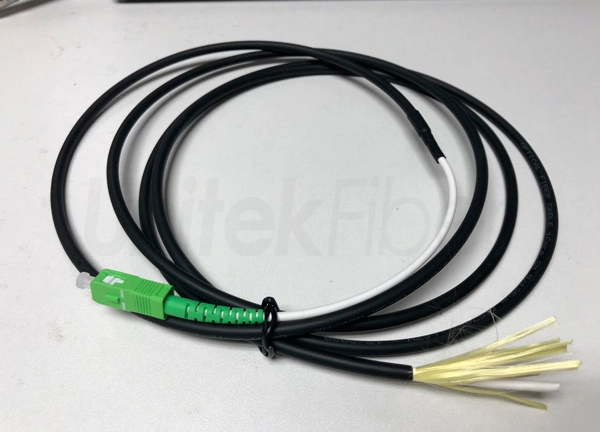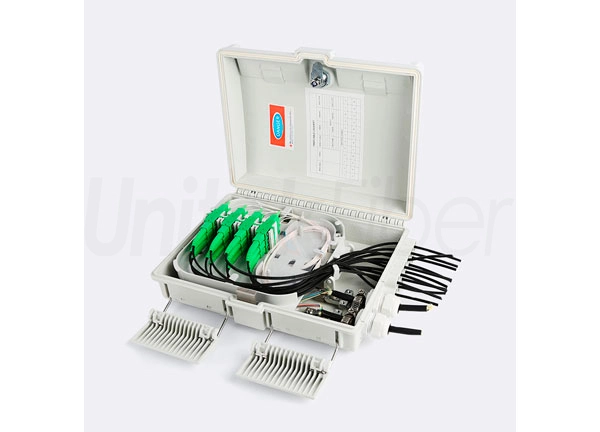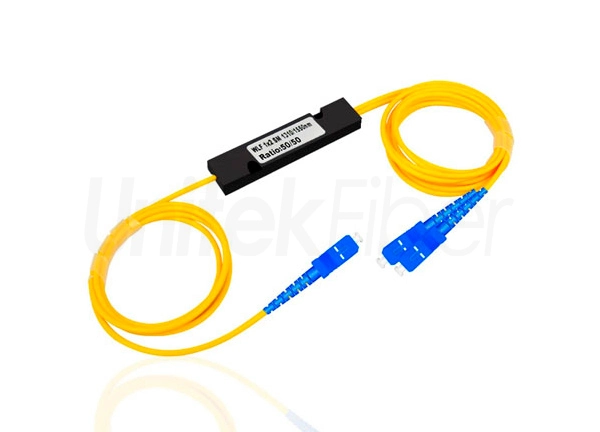
ADSS fiber optic cable are widely used in the telecommunication industry for aerial fiber optic installations. One of the crucial aspects to consider when deploying ADSS cable is their span length. The span length determines the distance between supporting poles or structures, and it plays a significant role in the overall efficiency and effectiveness of the fiber optic cable installation. In this article, we will explore the span lengths of different types of ADSS cable and their respective applications.
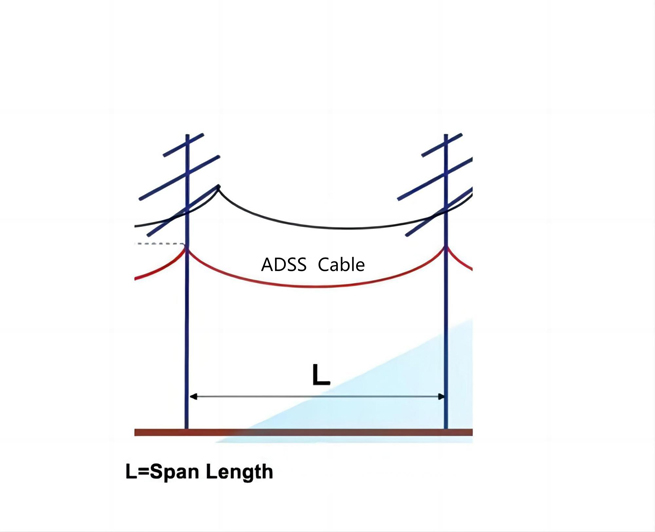
The GYFXTBY fiber optic cable is designed specifically for aerial installations and has a limited pole span length of 50 meters. This type of fiber optic cable is commonly used for short-span applications where shorter distances between poles are required.
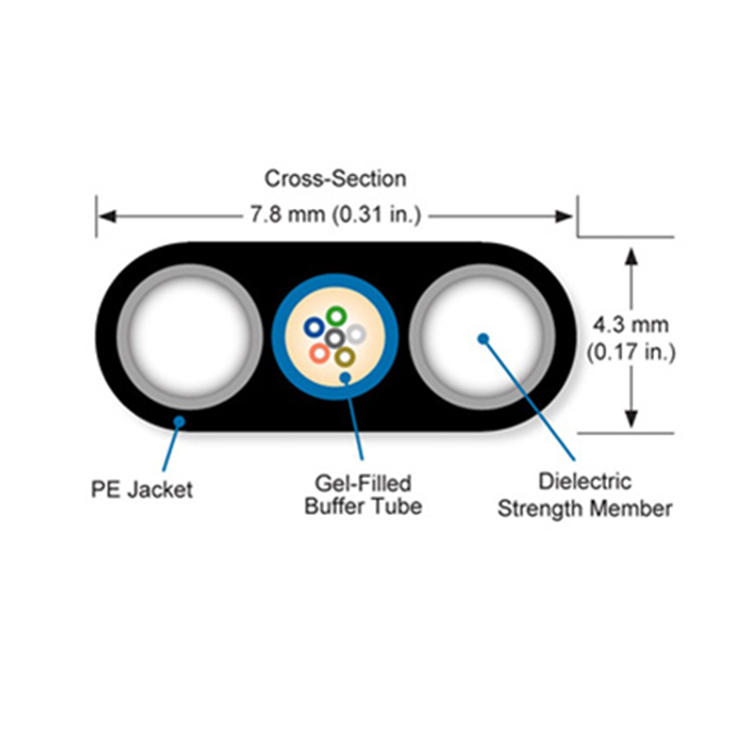
ASU cable offer a wider range of span length options, making them suitable for various installation scenarios. The ASU fiber optic cable pole span length options include 50m, 80m, 100m, 120m, and a maximum of 150m. The flexibility in pole span lengths makes ASU fiber optic cable suitable for both short and medium-distance installations.
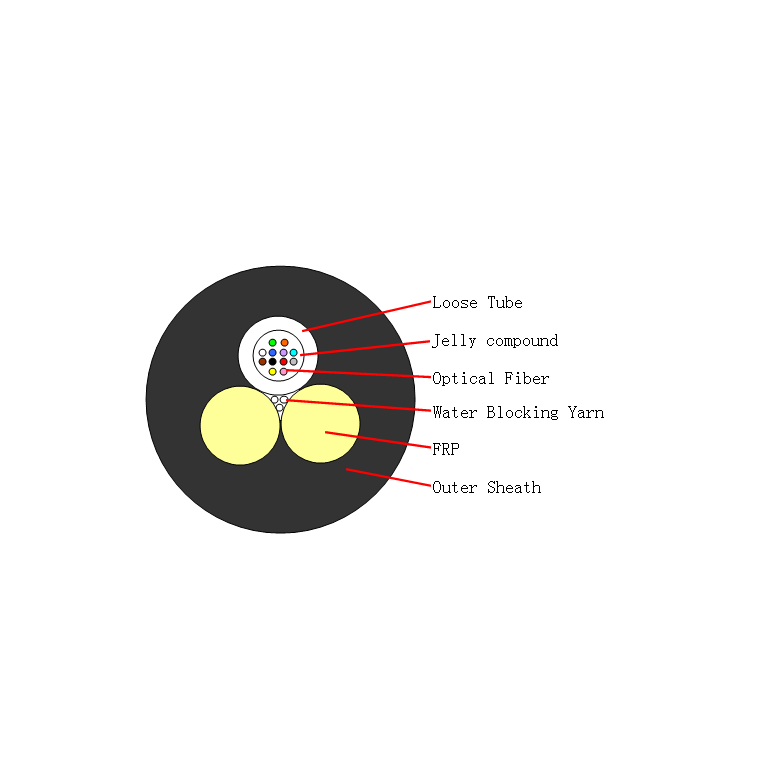
ADSS-S fiber optic cable feature a single jacket design, offering increased protection and durability. The pole span lengths available for ADSS-S fiber optic cable are 50m, 100m, and 200m. These fiber optic cable are commonly utilized in medium-span aerial installations, where longer distances between poles need to be covered.
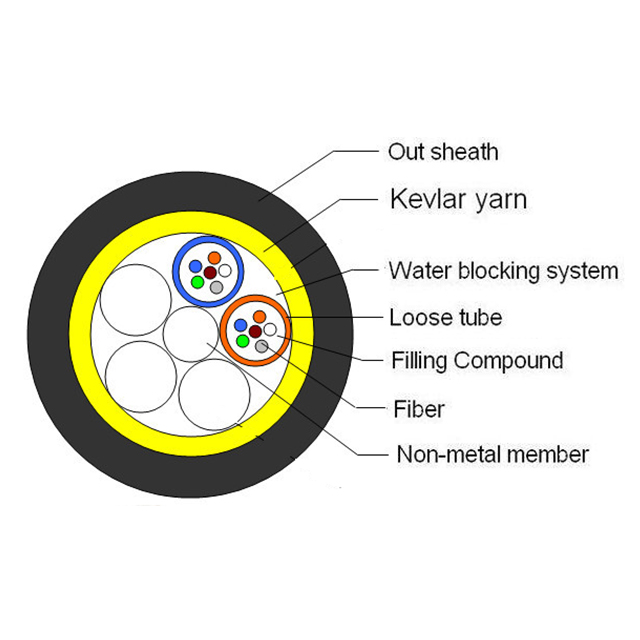
ADSS-D fiber optic cable are designed with an additional layer of protection through a double jacket configuration. These fiber optic cable provide enhanced resistance to environmental factors such as ice, wind, and UV exposure. ADSS-D fiber optic cable offer a wider range of pole span lengths, including 100m, 200m, 300m, 400m, 500m, 600m, and even 700m. Such flexibility makes ADSS-D fiber optic cable suitable for long-span installations where extended distances between support structures are required.
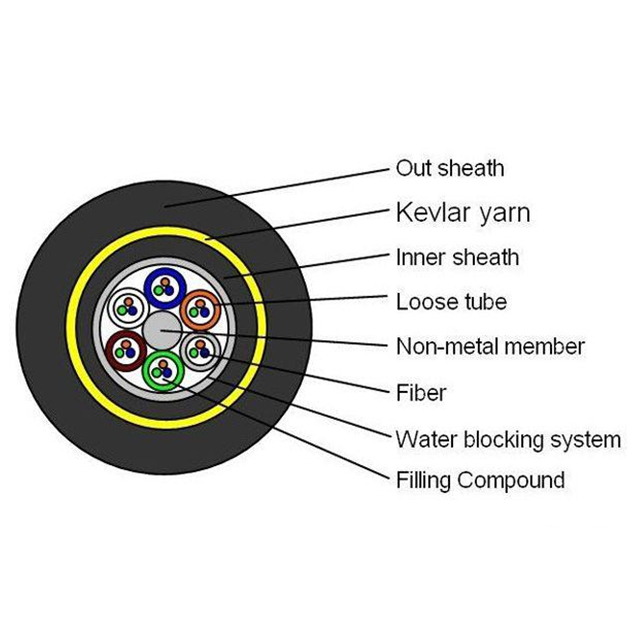
When choosing the appropriate adss fiber optic cable span length for a specific installation, several factors need to be taken into account. These factors include the terrain, wind conditions, maximum sag requirements, weight considerations, and the availability of supporting structures or poles. It is essential to conduct a thorough analysis of these factors to ensure that the selected fiber optic cable can withstand the environmental conditions and meet the desired performance standards.
ADSS cable offer a reliable and efficient solution for aerial fiber optic installations. The span length of ADSS cable varies depending on the fiber optic cable type and its intended application. Understanding the available options, such as the GYFXTBY, ASU, ADSS-S, and ADSS-D cable, allows for informed decision-making when selecting the most suitable fiber optic cable for an installation. By considering factors such as terrain, wind conditions, and distance requirements, telecommunication providers can ensure optimal performance and longevity of their ADSS cable installations.
As a fiber optic products supplier, UnitekFiber is dedicated to providing high quality fiber optic cable that meet your specific requirements. For more detailed information, please visit our website at www.unitekfiber.com. We look forward to supporting you with our reliable and efficient fiber optic solutions.
You may also be interested in the following fiber optic products:
lUnderground fiber optic junction box
lOutside plant fiber optic cable
lDirect bury fiber optic cable

